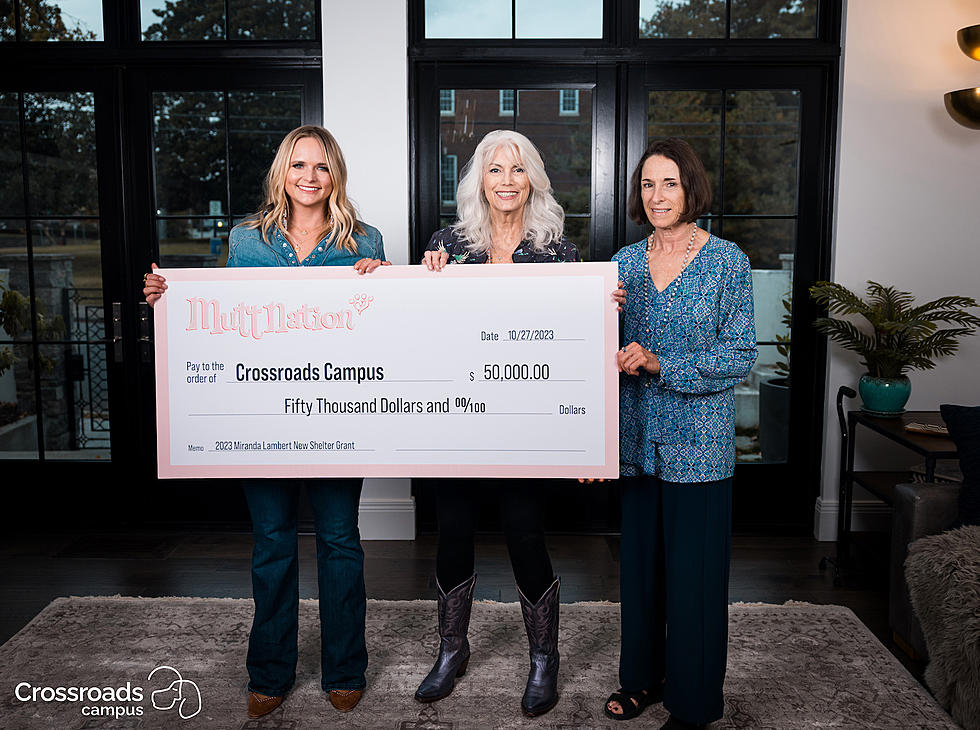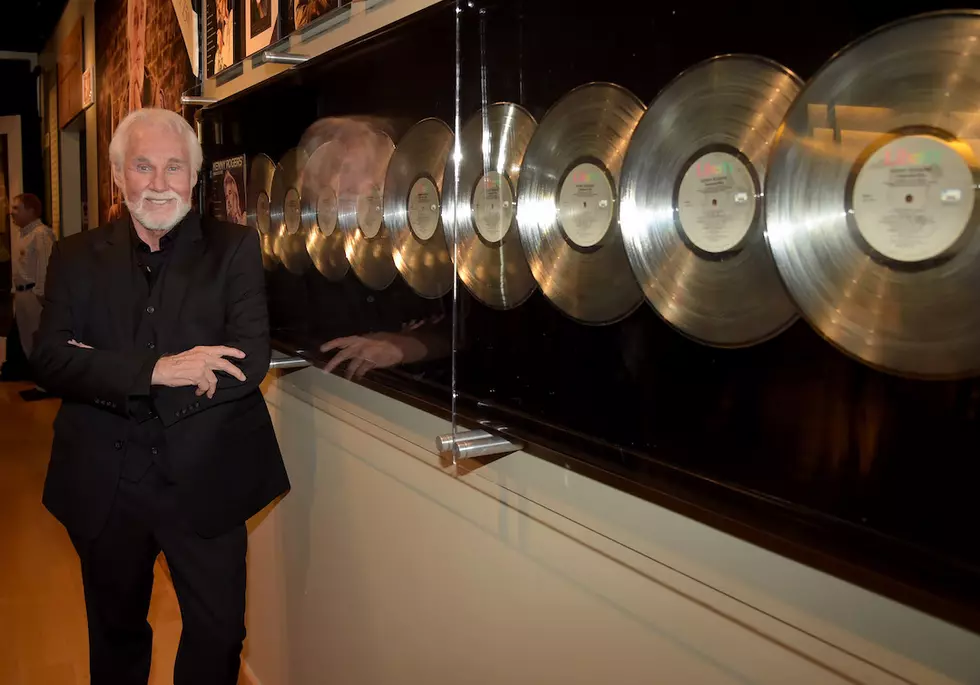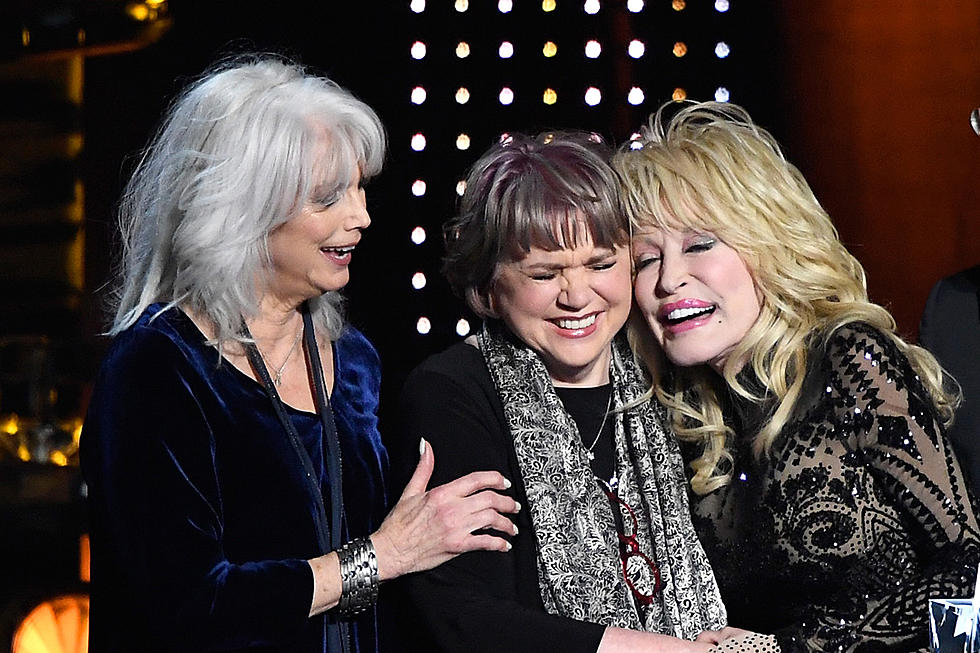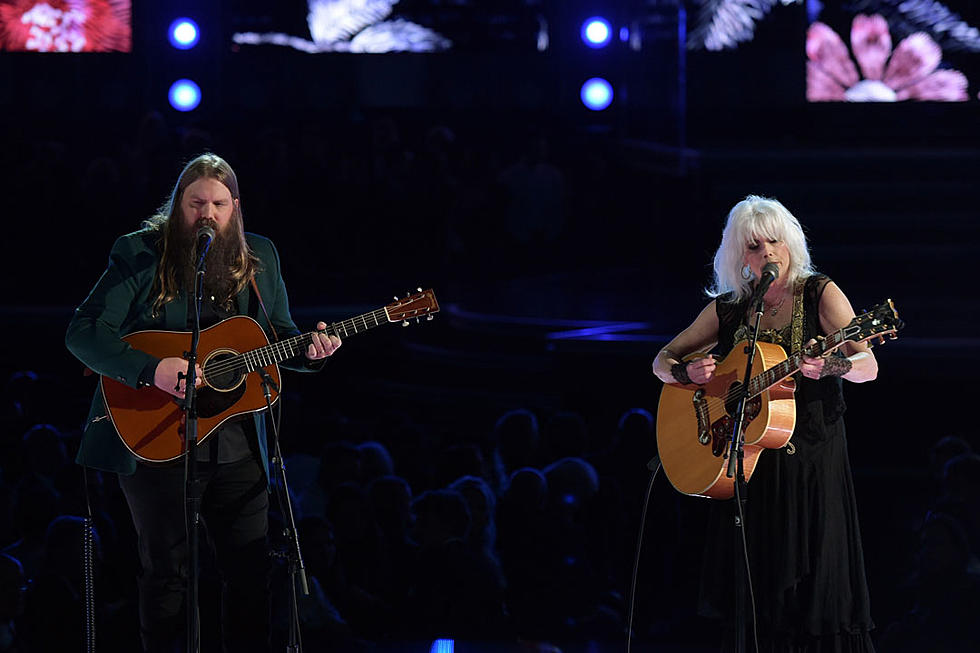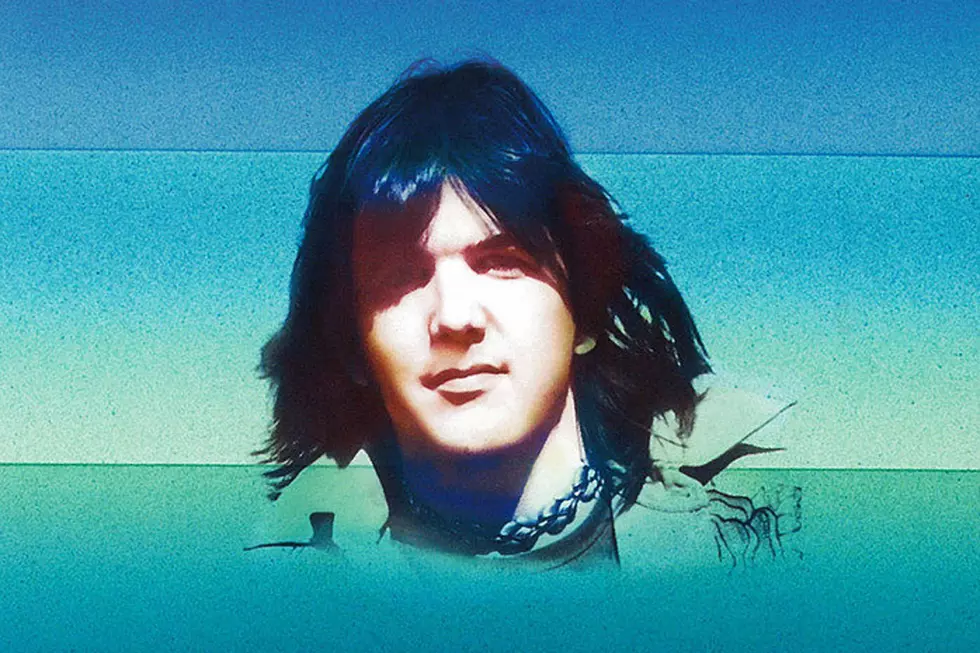
Remember the Controversy Over Gram Parsons’ Body After He Died?
Gram Parsons died on Sept. 19, 1973, bringing an end to the short, turbulent life of one of country music's most gifted artists. But the craziness was just beginning.
Parsons is remembered as one of the most influential musicians of his generation, but as with so many great artists, the true extent of his influence was not recognized until years after his death. In retrospect, Parsons' early work was crucial in the subsequent cross-pollination of rock and country music that took root in the '70s and still resonates today.
The Byrds' seminal 1968 album, Sweethearts of the Rodeo, owed a huge debt to Parsons' unique juxtaposition of genres. Parsons and fellow Byrds veteran Chris Hillman founded the Flying Burrito Brothers in 1969, releasing their debut album, The Gilded Palace of Sin, that same year. Burrito Deluxe followed in 1970, but Parsons was dismissed from the group before its release, with his drug use playing a major role in that decision.
Parsons released his debut solo album, GP, in 1973, introducing the world to the talents of an unknown singer named Emmylou Harris. His second solo album, Grievous Angel, saw posthumous release in 1974 and became one of the key albums of the emerging country-rock scene that gave rise to more commercially successful artists, including the Eagles.
Gram Parsons died from an overdose of drugs and alcohol on Sept. 19, 1973, at the age of 26. (Most accounts agree that he probably died on Sept. 18, but Parsons was declared dead on Sept. 19 upon arrival at a local hospital). His close friend and tour manager Phil Kaufman — whose legendary exploits earned him the nickname “the Road Mangler” — stole Parsons’ body from Los Angeles International Airport while it was being readied to ship to Parsons' home state of Louisiana against the singer’s stated wishes. His family wanted to bury Parsons at home, but Parsons had had a difficult childhood and had reportedly requested that he be cremated and scattered at the Joshua Tree.
Kaufman and a friend drove Parsons’ body out to the Joshua Tree National Park, where Kaufman and Parsons had previously agreed that they would each burn the other’s body in the event of their deaths. Kaufman kept his promise by pouring gasoline into Parsons’ casket and throwing in a match.
Kaufman and his accomplice were arrested, but there was no law at that time against stealing a body, so they only faced fines of $750.
Parsons was eventually buried in Garden of Memories of Metairie, La., while Kaufman raised the money to pay his fine and to pay for Parsons' funeral by throwing a party he dubbed Kaufman’s Koffin Kaper Koncert. In 2003, a movie titled Grand Theft Parsons chronicled the bizarre episode, casting Jackass star Johnny Knoxville as Kaufman and Gabriel Macht as Parsons.
Country Singers Who Died Before Their Time
More From Taste of Country
